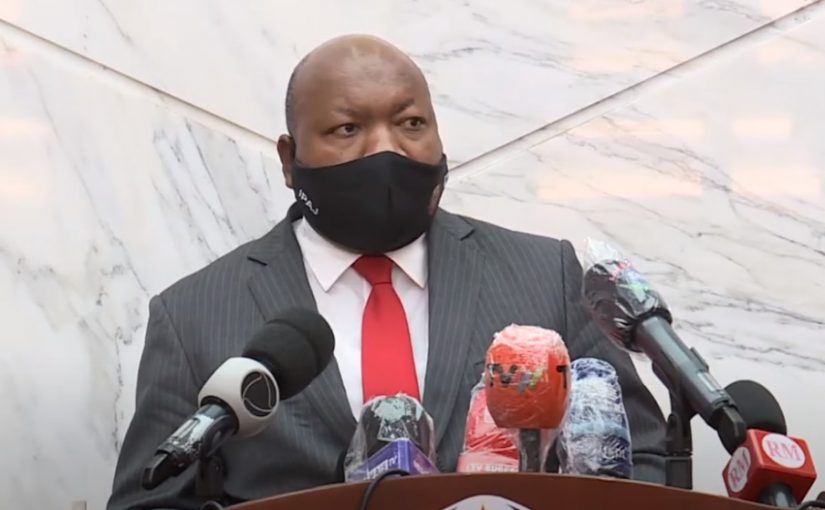Mozambique: Prosecution turns Mondlane's own words against him - AIM
Watch: Government withdraws decreed imposing extortionate media licensing and accreditation fees – Aim

Photo: MIramar
The Mozambican government on Wednesday revoked a decree of August 2018 that would have imposed extortionate fees on media institutions and on foreign journalists.
The decree, apparently the brainchild of the government press office (Gabinfo), caused such outrage, both inside the country, and among international press freedom bodies, that it was suspended before it could take effect.
Now it has been killed off altogether. The Constitutional Council, the country’s highest body in matters of constitutional law, on Tuesday ruled that the decree was unconstitutional. The following day, the government revoked the decree, without even waiting for the Constitutional Council’s ruling to be published on its website.
The government spokesperson, Deputy Justice Minister Filimao Suaze, speaking after a meeting of the Council of Ministers (Cabinet), said scrapping the decree would create the space for a broader reflection on media fees.
This time, he added, the discussion would involve media companies and professionals – whose views were ignored in 2018.
The decree was defended at the time by Gabinfo director Emilia Moiane, who claimed that it was justified by market circumstances and by the supposed need to “discipline” the media. She described the media as “an industry, and like all sectors of activity in our country, it should contribute to the coffers of the state”.
The decree would have imposed fees and fines regarded as crippling, particularly for foreign correspondents and independent media. It would have required foreign correspondents to pay 500,000 meticais (7,245 US dollars, at current exchange rates) to work in Mozambique and the same amount to renew accreditation every year – this amounted to a guarantee that no foreign correspondents would come to Mozambique.
Mozambican correspondents who work for foreign publications would have to pay 150,000 meticais a year.
Television stations would be expected to pay three million meticais a years for their licence and radio stations two million, if they cover the entire country. Regional televisions would pay 1.5 million meticais, and regional radios one million. Even community radios would pay 50,000 meticais.
This decree would have made Mozambique one of the most expensive countries in the world for journalists.
Since Gabinfo had not even consulted the constitutionally enshrined media freedom watchdog, the Higher Mass Media Council (CSCS), Emilia Moiane found herself completely isolated. No voices were raised in defence of the decree, and international human rights organisations urged the government to withdraw the decree, which it has now done.













Leave a Reply
Be the First to Comment!
You must be logged in to post a comment.
You must be logged in to post a comment.